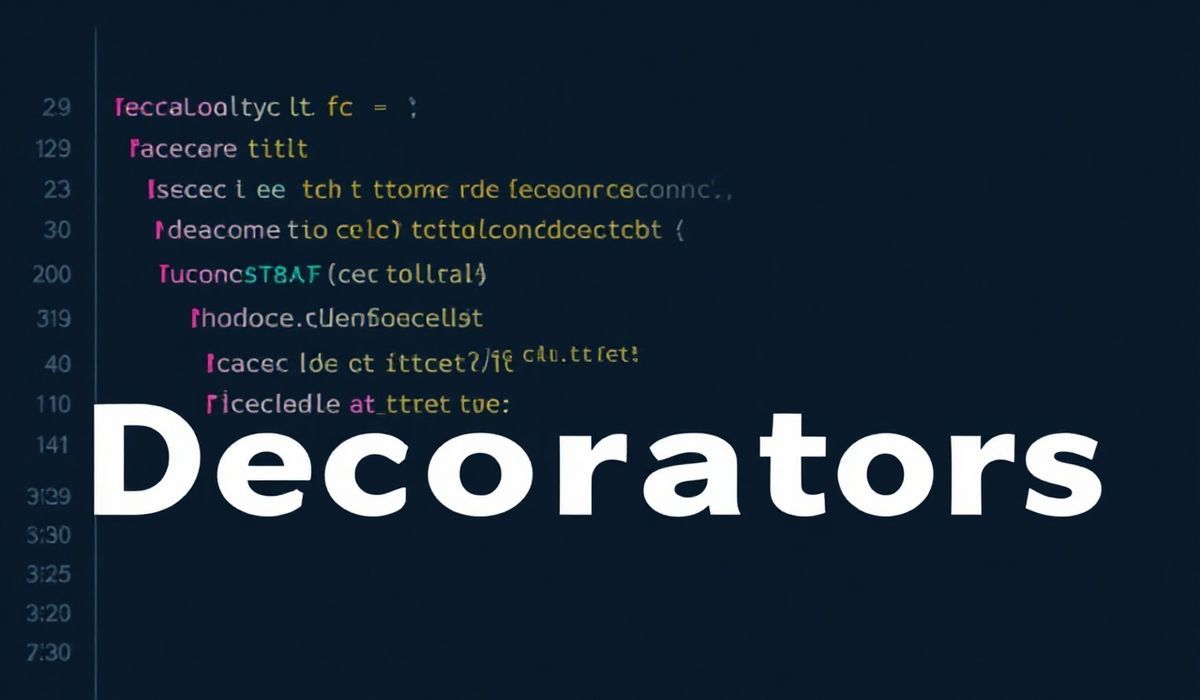Introduction to Typing Extensions in Python
The typing-extensions library provides support for new type hints and typing-related utilities introduced in new versions of Python, enabling you to use these features even if you’re working with older Python environments. It’s a must-have for developers who want to adhere to type safety and leverage newer type-checking innovations without being constrained by their Python version. This post dives deep into the key features and APIs of typing-extensions, complete with illustrative examples and an app implementation.
Why Typing Extensions?
New features in Python’s typing module are generally introduced with every Python release. However, not everyone can upgrade their Python version right away. The typing-extensions package ensures you don’t miss out on these functionalities, bridging the gap between past and current Python releases. Let’s look at its rich set of APIs.
Key APIs in Typing Extensions with Examples
TypedDict
Typed dictionaries allow you to define dictionaries with a specific set of keys and associated value types.
from typing_extensions import TypedDict
class Book(TypedDict):
title: str
author: str
pages: int
my_book: Book = {"title": "1984", "author": "George Orwell", "pages": 328}
Literal
Use Literal to define variables or function parameters that can only take pre-specified values.
from typing_extensions import Literal
def color_name(color: Literal["red", "green", "blue"]) -> str:
return f"The selected color is {color}"
print(color_name("red"))
Final
Mark a variable as final to indicate that it should not be reassigned.
from typing_extensions import Final MAX_CONNECTIONS: Final = 10 # MAX_CONNECTIONS = 20 # This will raise a type checker error
Protocol
Defines a structural interface that a class can implement without explicit inheritance.
from typing_extensions import Protocol
class SupportsAdd(Protocol):
def add(self, value: int) -> int:
...
class Counter:
def __init__(self, initial: int):
self.total = initial
def add(self, value: int) -> int:
self.total += value
return self.total
counter: SupportsAdd = Counter(10)
print(counter.add(5))
@override Decorator
The @override decorator helps ensure you’re properly overriding methods in derived classes.
from typing_extensions import override
class Base:
def greet(self) -> str:
return "Hello from Base"
class Subclass(Base):
@override
def greet(self) -> str:
return "Hello from Subclass"
Self
The Self type allows methods to explicitly declare a return type of the same class.
from typing_extensions import Self
class FluentCounter:
def __init__(self, initial: int = 0):
self.total = initial
def increment(self, amount: int) -> Self:
self.total += amount
return self
counter = FluentCounter().increment(5).increment(10)
print(counter.total)
Putting It All Together An Example App
Let’s build a simple Python app using typing-extensions features to model a library system.
from typing_extensions import TypedDict, Literal, Protocol, Self
class Book(TypedDict):
title: str
author: str
status: Literal["available", "borrowed"]
class Patron(Protocol):
def borrow(self, book: Book) -> Self:
...
def return_book(self, book: Book) -> Self:
...
class LibraryUser:
def __init__(self, name: str):
self.name = name
self.borrowed_books = []
def borrow(self, book: Book) -> Self:
book["status"] = "borrowed"
self.borrowed_books.append(book)
return self
def return_book(self, book: Book) -> Self:
book["status"] = "available"
self.borrowed_books.remove(book)
return self
# Example Usage
library_book = {"title": "1984", "author": "George Orwell", "status": "available"}
user = LibraryUser("Alice")
user.borrow(library_book)
print(library_book)
user.return_book(library_book)
print(library_book)
Conclusion
The typing-extensions library is a treasure trove for developers working with type hints in Python. With its various APIs, you can write safer, more reliable, and version-independent code. Download and start using typing-extensions today to transform your Python programming experience!




